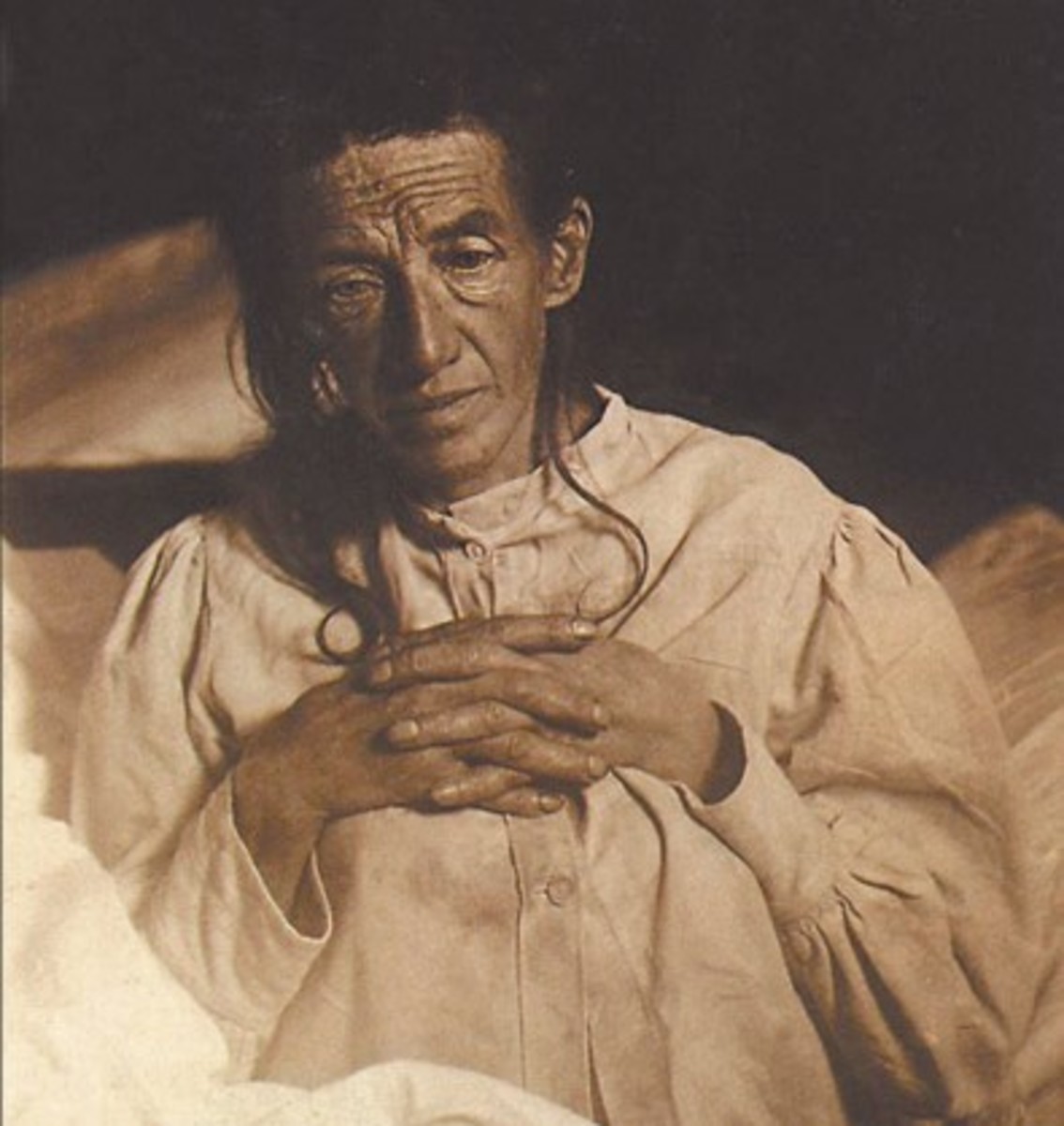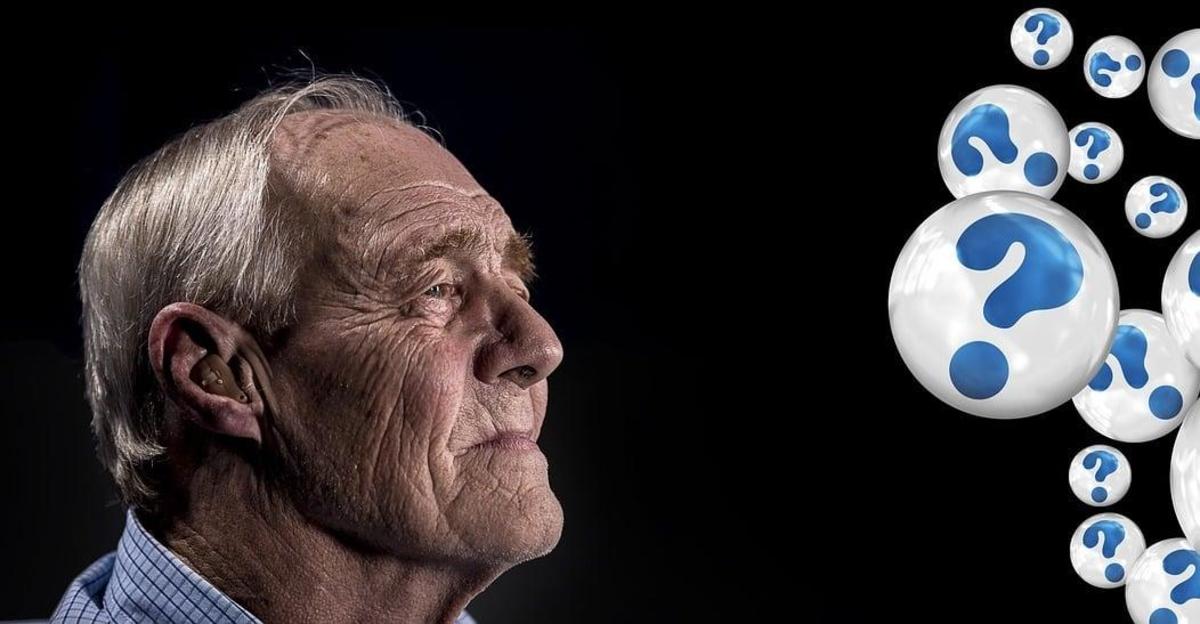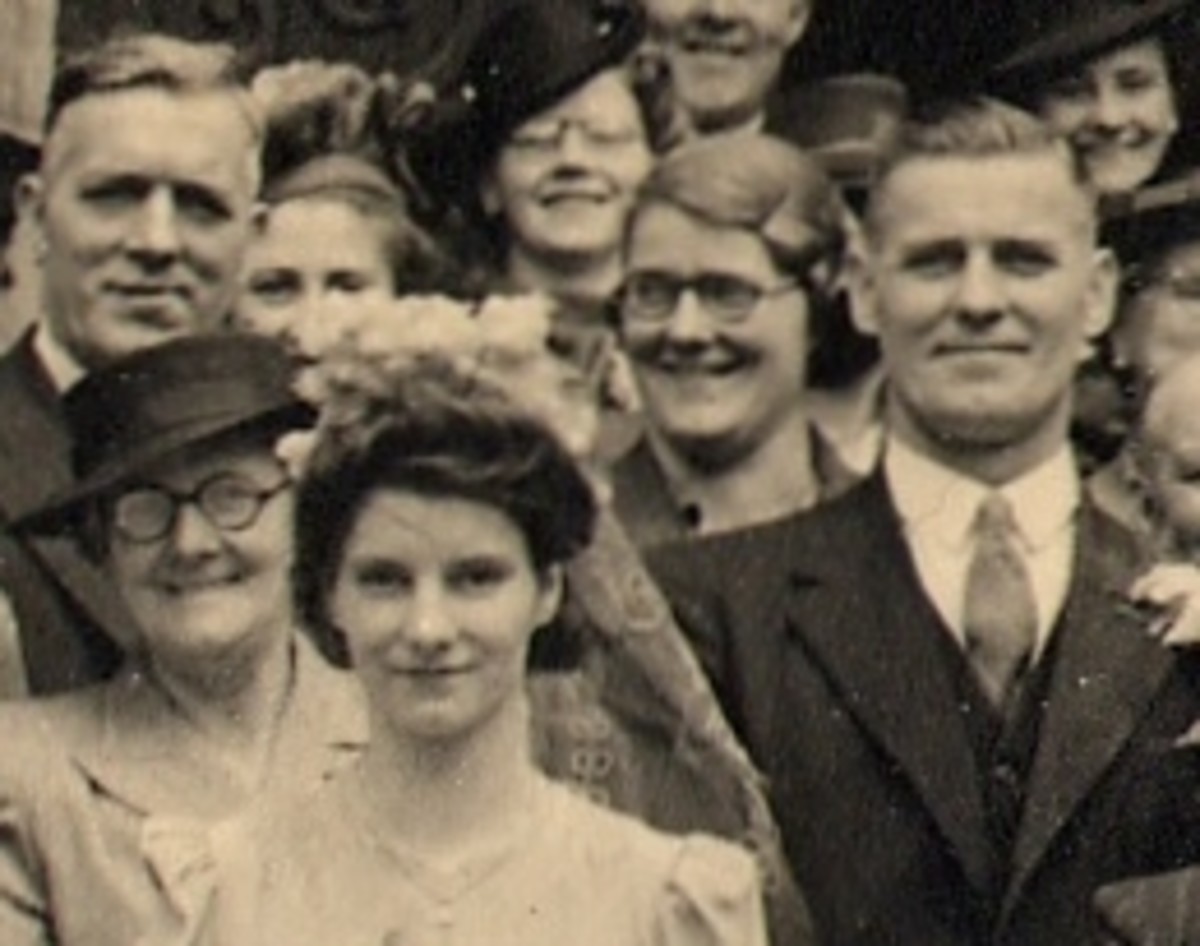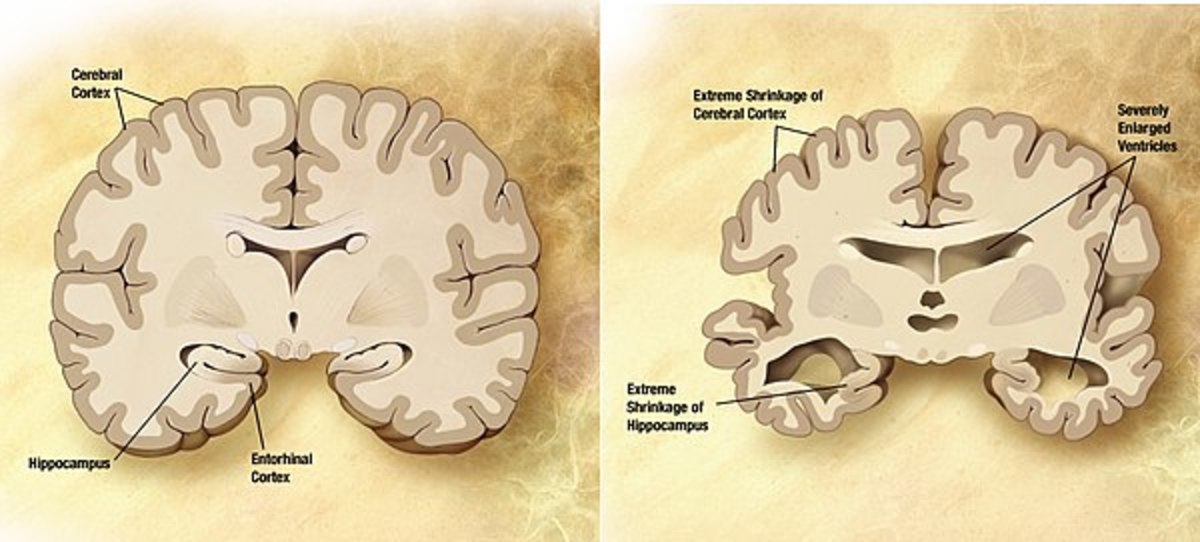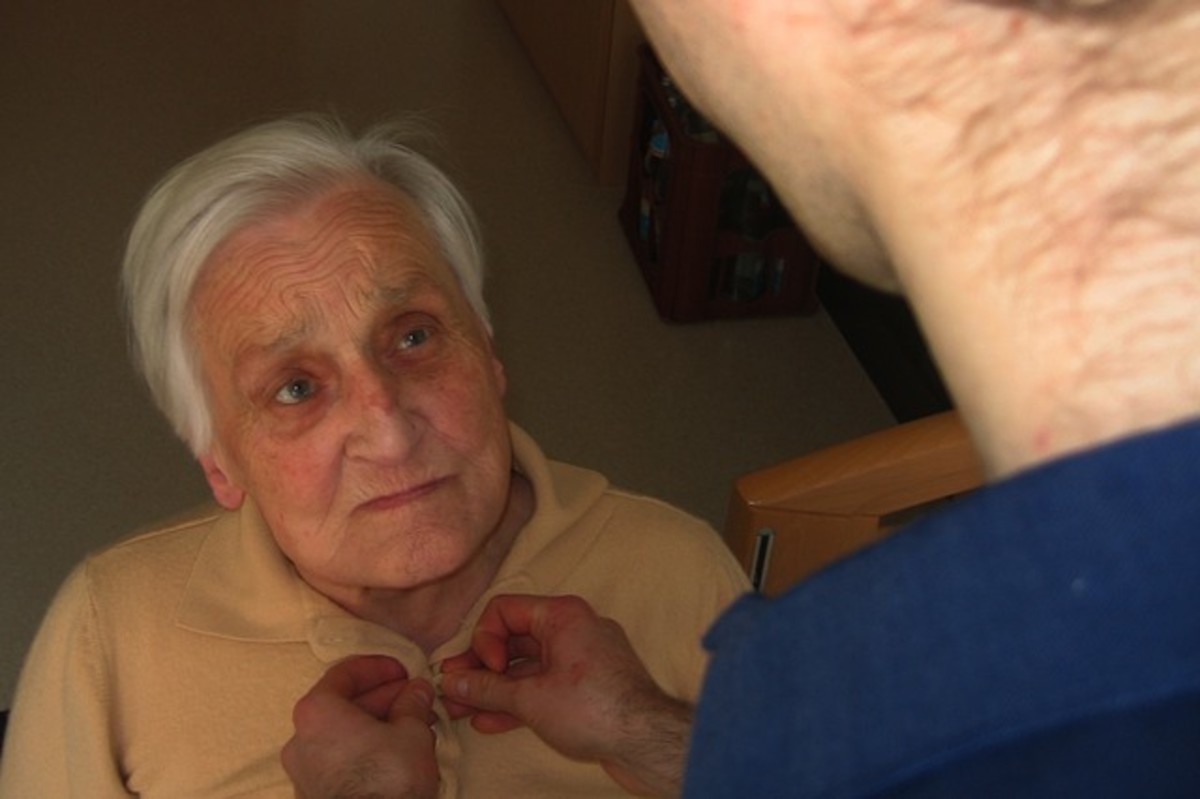GPS and Alzheimer's Care; Keeping Track of the Ones You Love
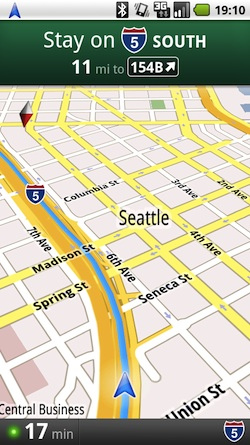
As more and more people are diagnosed with Alzheimer’s disease (AD), many more products will be developed to help families and caregivers deal with issues specific to AD. Products with GPS locators are being developed to deal with the issue of wandering. It is estimated that sixty percent of people with AD will wander. And when they do, many are unable to find their way home. They become disoriented and lost, and, unfortunately, sometimes the story does not end happily.
Just imagine your parents are staying in a hotel. Your father leaves and doesn’t return. No one knows where he is. The next day, when he is located, you learn that he had gotten lost, couldn’t remember the name of the hotel and couldn’t remember your mother’s cell phone number. Imagine the pain of that night for him and your family. It happened to Donna Giovannetti and her father. Read their story.
Vision Localization Systems
Vision Localization Systems is a company that has concentrated on designing a GPS locator for individuals who are at a high risk of getting lost. Their stated goal has been “to make life easier for families living with a member affected by Alzheimer’s disease.”
To make this goal a reality, in 2004 they concentrated their efforts on the development of Keruve, a direct locator specifically intended for use by families caring for someone with Alzheimer’s. Keruve enables a caregiver or family member to know the exact location of the person wearing the device at any given moment with just the press of a button.
Kerve has received more than 12 awards and has made hundreds of media appearances. They have been working with Alzheimer’s groups and thousands of their customers in over 20 countries to ascertain what it would take to provide caregivers with peace of mind every single day.
Keruve allows someone with AD to go for walks, without their caregivers worrying about their exact whereabouts. With just the press of a button, the caregiver is able to view a map and locate the person with AD. With no limits on distance, the person with AD can be located anywhere, quickly and effectively.
Keruve consists of two parts: a GPS watch with a safety lock (requires special key to unlock/lock) that is worn by the person with AD and a portable receiver. Since the GPS watch looks like a normal wristwatch, it is accepted by the person with AD, and goes unnoticed by the general public. The safety lock keeps it in place. The receiver is portable, enabling the caregiver to carry it with them if they need to go out and locate the person with AD. The locator is even able to issue a warning if the person with AD leaves a pre-defined area. The GPS watch is also waterproof and shockproof.
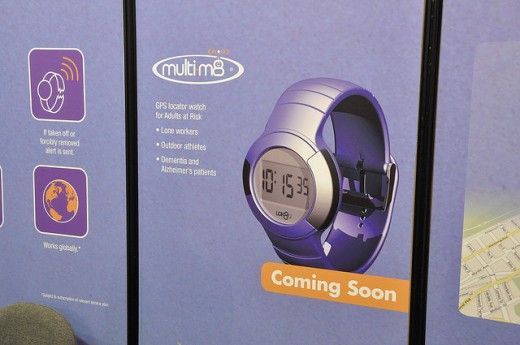
Lok8u multi.m8 GPS Watch
The multi.m8 looks like a wristwatch but does so much more. Through the combined use of GPS and cellular identification technology, the multi.m8 is able to locate the wearer quickly and to within 10 feet.
Lok8u has partnered with T-Mobile to create this device utilizing location software that can be accessed through a web portal. The multi.m8 also has a panic button that can be pressed to request help.
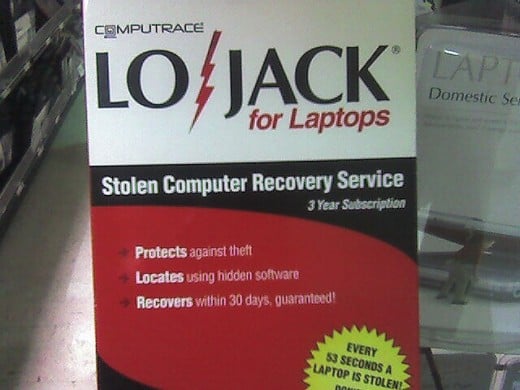
You’ve probably heard of the LoJack, otherwise known as the LoJack SafetyNet System. And you’ve heard how well these systems work at helping police recover stolen vehicles.
The search and rescue components of the LoJack are manufactured by Locator Systems. These same components are now being placed inside personal locator units that can be placed on a person or their clothing. These components can be used by law enforcement agencies to track and rescue people, such as those with Alzheimer’s, who tend to wander and become disoriented and lost. These units and their receivers work in densely wooded areas, subways, concrete structures, wetlands, or any other hidden location across the U.S. and Canada. The system utilized through Project Lifesaver International has rescued over 2,000 people averaging a find in under 30 minutes.
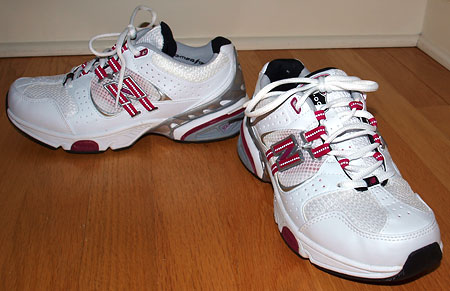
GPS in Shoes!
How many people do you know wear shoes? Probably most! So if a GPS tracker could be placed in a shoe, which it can, that just might be a good way to keep track of someone. The new GPS shoe comes with a computer chip built into the shoe.
Using a downloadable app, these shoes allow the caregiver to easily locate the wearer, but can also be programed to alert the caregiver if the wearer goes beyond certain defined boundaries.
See videos below for demo of these shoes.
Every day there are reports of people who have dementia who have wondered off and are missing. Sometimes they are found quickly, and sometimes they are not. Sometimes they are found close to home and sometimes they can be very far away. Sometimes they are found safe and sound and sometimes …
All Rights Reserved
Copyright © 2012 Cindy Murdoch (homesteadbound)
Your Future is Waiting! Do you feel you have great information or stories to share with others? Sign Up Here. . . It’s quick, easy and free to join HubPages!
Other Sites With Related Products:
Wherify offers a watch that is able to communicate its location over cell phone frequencies.
Project Lifesaver International helps save lives and reduces the potential for serious injury for many including those with Alzheimer's. Project Lifesaver has over 1,200 participating agencies in the United States, Canada and Australia. In their 11 years of searches, they have not had any serious injuries or fatalities.


